What Are KISS Principles in Project Management?
Think about the last time you had a “Eureka!” moment. Was it because you discovered something sophisticated, complex, and hard to understand — with all sorts of bells and whistles along the way?
Probably not. More likely, your last lightbulb moment made you slap your forehead and say, “Why didn’t I think of that before?” Our best innovations and ideas often come when we adhere to a principle with a clear message: “Keep It Simple, Stupid.”
The emphasis on simplicity has a long history. Occam’s razor , a problem-solving principle dating to the Middle Ages, holds that all other things being equal, challenges should not be multiplied beyond necessity. In modern parlance, we say: “The simplest explanation tends to be the true one.”
In business, the KISS principle serves as a reminder that we human beings tend to overthink things. We like to fix systems that aren’t broken. We like to give input where none is needed. We like to add steps to processes to make them feel more “optimized,” even if those steps will only slow things down.
But what does KISS stand for, and what does it look like when applied in the real world of project management ?
What does KISS stand for?
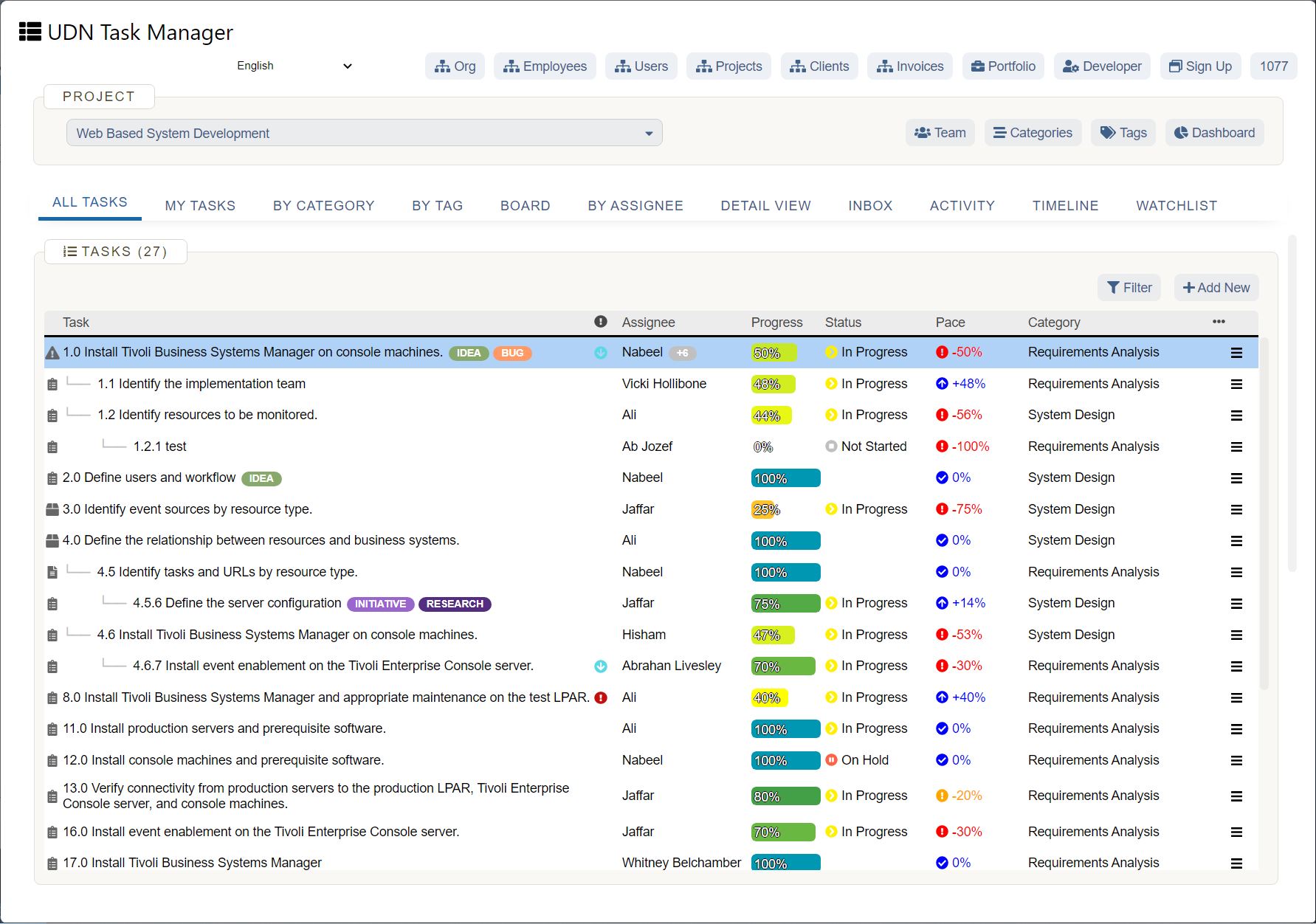
KISS stands for “Keep It Simple, Stupid.” The message is just as simple: Don’t make your business processes any more complicated than they have to be. You’ll just end up creating more work for yourself. Even worse, a new initiative you’re launching might produce worse results if you add too much complexity along the way.
KISS serves as a handy reminder that complexity doesn’t always reflect improvement. Project managers often like to think that toying with the formula means we’re constantly getting better. But in pursuing diminishing returns, we sometimes make things worse.
Leonardo da Vinci once said that simplicity is the ultimate sophistication. Improvements in business are ultimately about finding those elegant solutions that should make us slap our heads and say, “Duh — why didn’t I think of that?”
What is the KISS principle in project management?
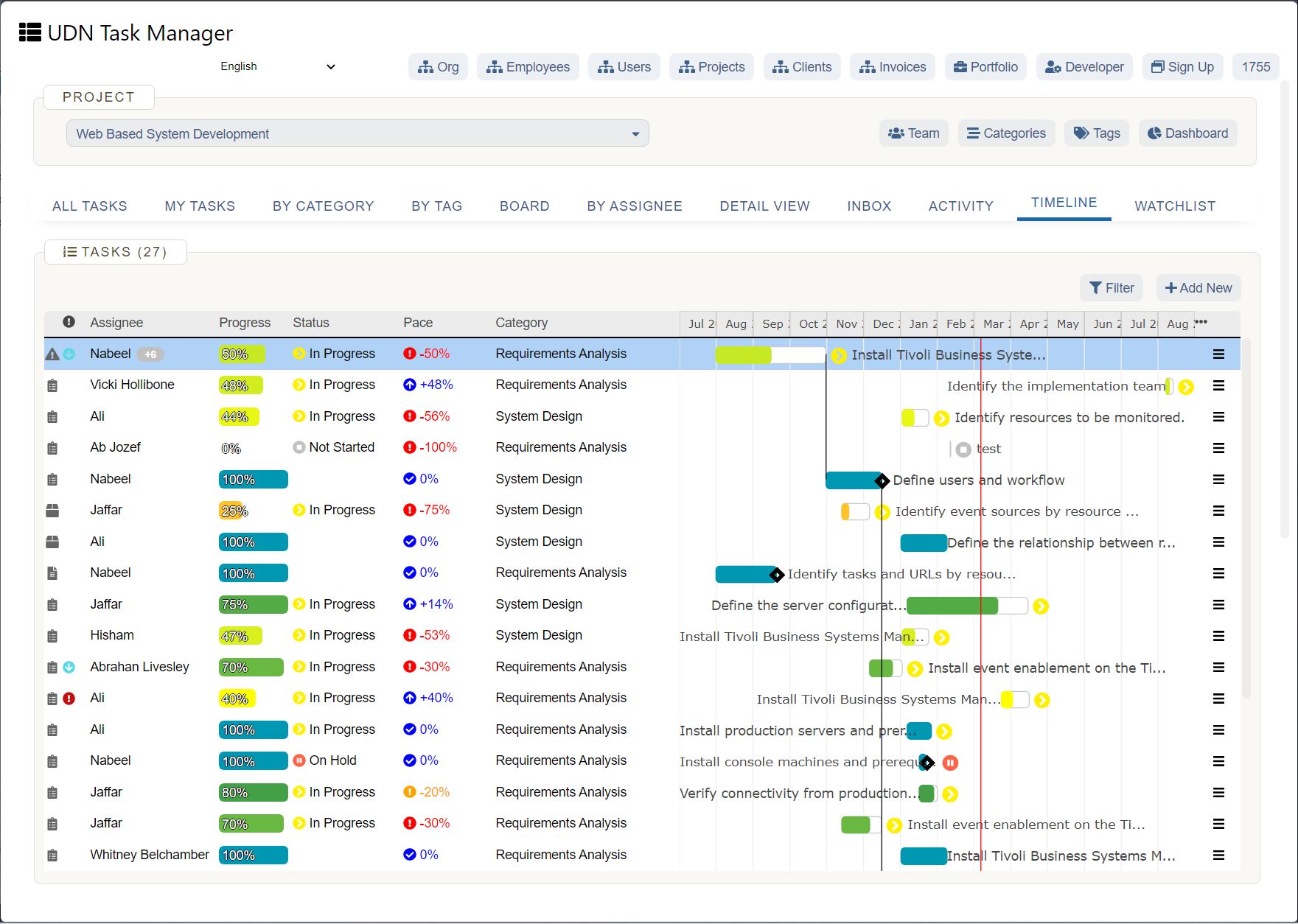
In project management , the KISS principle or KISS rule is a constant reminder to emphasize the simplest way forward. You adhere to KISS when you avoid attaching unnecessary steps to a process that doesn’t need them.
The principle of KISS comes from specific projects in the U.S. military. Some trace the term KISS as an acronym that dates back to the U.S. Navy in the 1960s. According to some, Rear Admiral Paul Stroop had a simple assignment: reduce the cost of naval aerial weaponry under his watch.
Stroop could have looked for cheaper equipment and materials. He could have renegotiated with vendors. Instead, he realized that the processes the Navy was using were too complicated. There were too many steps, too much red tape. To simplify, he set an example by asking the people under him to adhere to the acronym: Keep It Simple, Stupid.
Another source traces the origins of the KISS project to Kelly Johnson, lead engineer at Lockheed Skunk Works. Johnson let the designers at Lockheed know their designs had to be simple enough that a soldier in a combat situation with basic training and tools should be able to fix it. In battle, there was no room for complexity.
Wherever KISS started, the principles hold true today — no matter what kinds of projects you manage.
“Keep It Simple, Stupid” examples
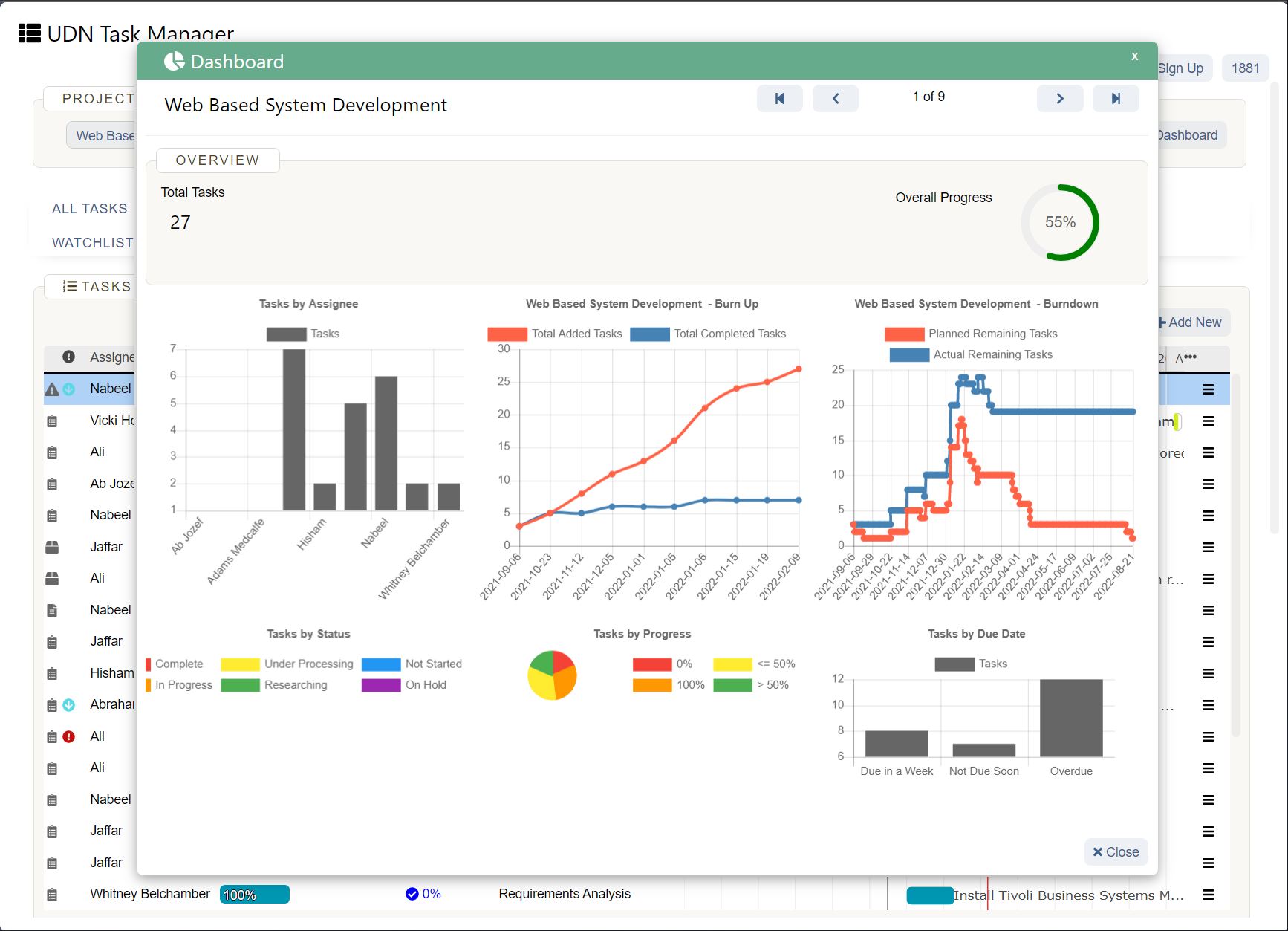
But that’s the Navy. But what is the KISS principle like when used in business?
Consider the example of Tesco , a UK supermarket with a reputation for innovation. Before rolling out one of these famous innovations, Tesco applies three questions:
They’re not game-changing questions. They’re not complex. In fact, they’re all head-slappingly simple. Yet by implementing these questions consistently, Tesco identifies great new ideas and throws out the ones that don’t keep things simple.
“Tesco’s secret sauce for innovation simplification was, appropriately, astonishingly simple: the company made people — and held people — accountable for simplicity,” writes Michael Schrage for the Harvard Business Review .
“Keep It Simple, Stupid” examples aren’t limited to grocery stores, however. When asked about his “business success formula,” systems manager Thad Eidman said it boiled down to a four-step process:
There’s a reason “KISS” isn’t “KIS.” The final “s” serves as a reminder that as human beings, our knowledge and intelligence have limits. If a simple solution works, our interference can sometimes complicate and distort what would otherwise be an elegant way to handle business. KISS serves as a reminder to remain humble in the face of what actually generates results.
Advantages of using the KISS rule
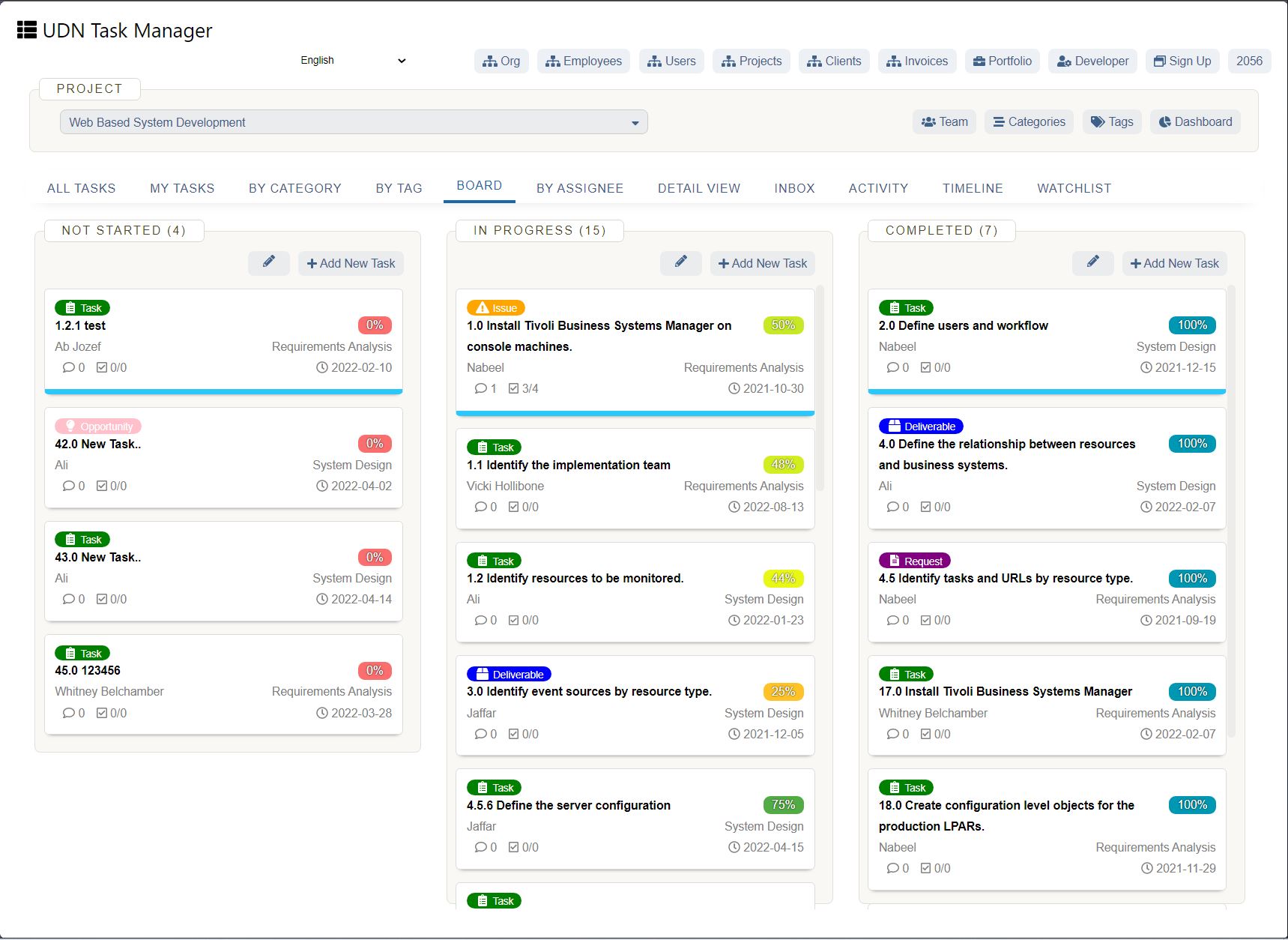
Simplicity may sound obvious, but the consistent application of the KISS rule has all sorts of advantages:
KISS in software engineering

Software engineers often like to point to a quote from Antoine de Saint-Exupéry :
“Perfection is achieved not when there is nothing more to add, but when there is nothing left to take away.”
KISS in software engineering is especially important because any unnecessary complication is an opportunity for the code to go wrong.
Engineers also stick to a similar acronym, YAGNI: You Aren’t Gonna Need It. This is a warning against adding functionality that people don’t need; it only gets in the way of a simple, clear user experience.
Engineers work to avoid “feature creep,” or the slow, consistent additions of new features to software that move it away from its core functionality. A software engineer might point to the best software and how simple it is. For example, Google earned its status as the top search engine, not because of its bells and whistles, but because of its minimalistic home page and delivery of the highest- quality results.
In software, additional complexity has real costs. Add too many features, and the software may take too long to load. Add too many bells and whistles, and the user may find it difficult to onboard, leading to less use.
In a paper on simplicity in software engineering, Ben Mosely and Peter Marks once said the following:
“Considered next to testing and reasoning, simplicity is more important than either.”
Their reasoning? An investment in simplicity makes any future consideration for that software easier to understand. Complexity, meanwhile, can make it more difficult to update software, add features, subtract features, or do anything that the end-user might consider an improvement.
How to keep things simple with UDN Task Manager
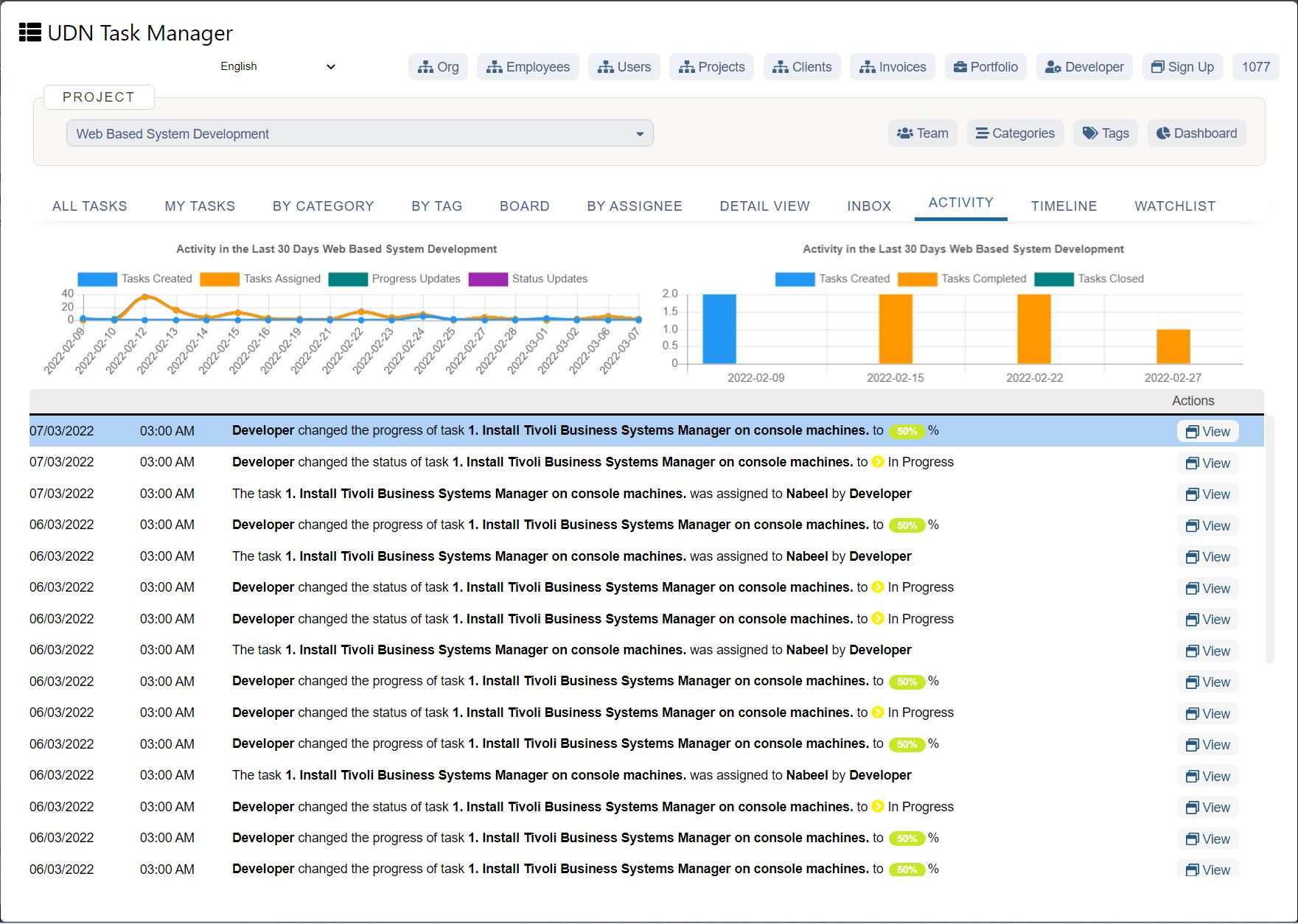
When KISS was still a new concept, project leaders could make an immediate improvement in their teams’ performance by posting the KISS mantra on the wall. These days, you might need more.
Using UDN Task Manager to help with your project management efforts, you can use built-in features to perform the following:
Simplicity looks easy from the outside. But on the inside, it takes real commitment. Complexity quickly crawls into our projects. We think that the more busywork we take on — the more steps we add to our personal formula — the more sophisticated our project must be.
But good project management is about finding the elegant solution that simplifies rather than complicates. “Keep it simple, stupid” should be more than an occasional reminder. It should be a way of doing things that informs your actions as a project manager.
Want to try using a tool that can help you adhere to the keep it simple principle? Sign up for UDN Task Manager today and see how simple project management can be.











